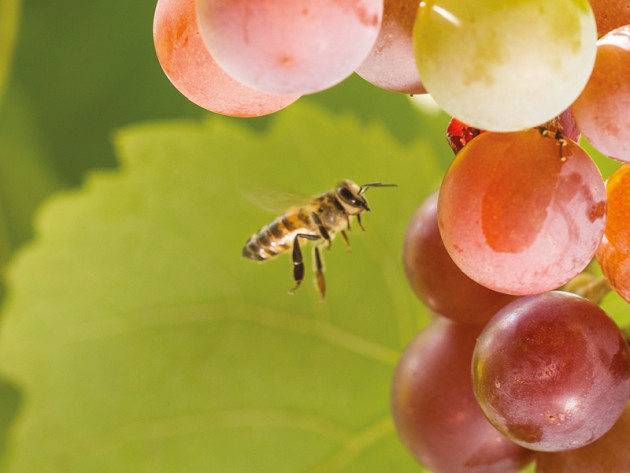
Wines Direct survey: Consumers' green concerns
More and more people are taking the environment into consideration when it comes to choosing alcoholic drinks products. A Wines Direct survey reveals their main areas of worry.
In May, Harpers contributed to a list of survey questions put to consumers for the 2022 Wines Direct Awards.
It’s a given that steps need to be taken to reduce human impact on the environment, and the wine world is no exception. But is it clear to consumers what the real issues are?
Of more than 700 people who answered the questions, almost 50% cited ‘use of pesticides’ as the biggest concern. The second most popular answer with respondents was ‘shipping’ at 23%, while 16% voted for packaging, and 4% for vineyard maintenance.
This shows that wine drinkers do have some knowledge of the broad issues facing the industry.
A massive 55% said they have considered or would consider buying boxed wine or wine in a bag, and a further 28% said they would be happy to drink premixed spirits in a can, followed by 22% who would be happy to drink wine in a can.
More and more good quality wines are being packaged in such a way, and supermarket leaders already have extensive selections of canned wine; consumers can even sip a canned wine onboard a Virgin Atlantic flight.
Could canned wines be the way forward with their lightweight packaging and recyclability? A new trend to shop local?
The final question posed to members of Wines Direct was whether they consume any English or Welsh wine. As it stands, 41% of respondents say they have purchased English or Welsh wine and continue to do so.
There’s certainly been a trend towards drinking more locally produced wines, particularly sparklers, as they garner awards and a reputation for good quality. When asked ‘would you consider buying English and Welsh wines in the future?’ a whopping 72% said ‘yes’.
The combination of increased awareness, quality recognition, and the fact that the wines don’t need to be shipped halfway across the world certainly works for the UK wine market.

↓
Eco-Champion Award
For the first time in the event’s four-year history, an award for Eco-Champion was handed out to recognise retailers making great strides in trying to work more sustainably.
This year’s Eco-Champion was Laithwaites, a merchant that has been laying down the foundations to ‘go greener’ for several years. Chris Burr MW, who assessed and nominated the entrants, says: “We’ve got no hesitation in giving Laithwaites our first ever Eco-Champion award.
“Many businesses have good plans and a public relations position on renewables and reducing emissions – Laithwaites is taking action and doing it now.”
Laithwaites’ first step was an audit by consultancy EcoAct into all its supply chain and UK and world activities.
Unsurprisingly, it discovered that only 5% of its carbon footprint was under its direct control. To combat this, Laithwaites invested in reforestation projects to offset carbon emissions from deliveries.
Burr adds: “The majority of emissions it found are caused by transport and packaging. It’s early days, but it has started to tackle these systematically and immediately.
“It has developed a coherent plan to gradually move packaging from glass towards a better and a bigger range of wines in cans and bag-in-box. These methods represent a 30% and 80% reduction in carbon footprint, respectively, compared to glass bottles.”
There were three runners-up for the award – Waitrose, Marks & Spencer and Majestic.
Burr comments: “We commend the activities of Waitrose and Marks & Spencer, which have a considerable programme to become net-zero by 2040. As far as wine is concerned, their canned wine, bag-in-box and pouches selections are an excellent start. They are both putting some really good wines in these packs, but sadly at present, consumers are slow to pick up on this – they seem wedded to glass.”
In Scandinavia, the consumer understands the carbon issues around glass production better, and, interestingly, nearly 50% of all wine purchases in those countries are of bag-in-box.
Some might remember the days of returnable wine bottles with a deposit, still in use in Switzerland and other wine-producing countries where the local wine is what is mainly drunk. Of course, more recently, here the reusable glass milk bottle has made a return.
With the rise of the sustainable wine consumer, perhaps more retailers could be encouraged to partake in similar schemes; after all, 90% of UK-produced wine is drunk locally.






